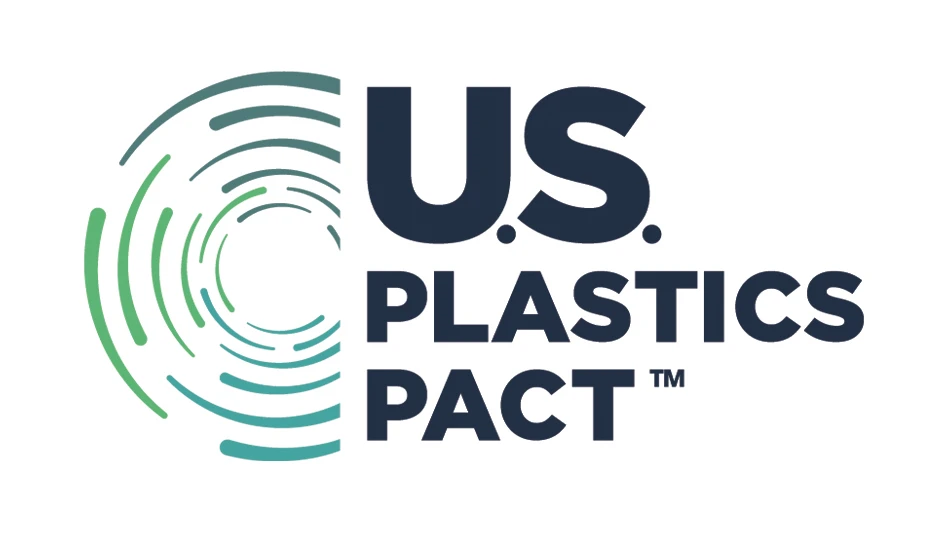“Depressed” and “choppy” are the two words that first come to mind when an aluminum scrap broker based in the Southeast describes the market for this material as of mid-February.
While he says scrap is moving, he adds that it is not moving at a rate or price that most scrap dealers find satisfactory. The imbalance between supply and demand has pulled pricing lower, and spreads have widened. “We can make a little money, but margins are tight,” the broker says.
Few aluminum consumers are showing interest in buying, he says, though the harsh winter weather in late January means that some delivery appointments are available. Otherwise, the broker adds, deliveries aren’t being scheduled until April or even May.
"The second quarter will probably be difficult like we’ve seen in the first quarter.” – an aluminum scrap broker based in the Southeast
Demand is lagging for obsolete and mill-grade scrap, particularly from the automotive sector. He says an abundance of mixed and clean auto clips is available, with volume seemingly increasing daily.
The broker says the average price of aluminum on the London Metal Exchange (LME) has been declining since May of last year.
He adds that export buying for some types of obsolete aluminum scrap, such as siding and wheels, as well as some mill-grade scrap, such as mixed low-copper aluminum clips and solids, has picked up somewhat. “India seems to have opened up a little bit in terms of appetite.”
Until geopolitical changes occur, he says he expects the market to continue to be depressed. However, he doesn’t see any indications that the geopolitical situation will change any time soon. “I haven’t seen the light at the end of the tunnel yet.”

The broker adds, “The second quarter will probably be difficult like we’ve seen in the first quarter. I would love to be bullish and say next year is going to be great, but nothing here is showing that.”
The declining aluminum scrap market also has affected automobile shredder operators, such as Sims Metal Management and Schnitzer Steel Industries.
Rye, New York-based Sims says its earnings before interest and taxes (EBIT) in the first half of fiscal 2019, ended Dec. 31, 2018, declined by 33 percent compared with the first half of 2018. The lower earnings primarily were related to the fall in
Portland, Oregon-based Schnitzer says margin compression from the 19 percent decline in average net selling prices for nonferrous scrap products more than offset higher ferrous and nonferrous sales volumes in the first quarter of fiscal 2019, ended Nov. 30, 2018. Nearly one-third of its nonferrous scrap sales volumes are related to
In a conference call to review Schnitzer’s earnings, President and CEO Tamara Lundgren said the company plans to add advances to its nonferrous processing systems, enabling it to increase throughput, lower processing costs and create desirable products.

Explore the March 2019 Issue
Check out more from this issue and find your next story to read.
Latest from Recycling Today
- NRC seeks speakers for October event
- LME identifies Hong Kong warehouses
- Greenville, Mississippi, launches aluminum can recycling program
- Cotton Lives On kicks off 2025 recycling activities
- Georgia-Pacific names president of corrugated business
- Sev.en Global Investments completes acquisitions of Celsa Steel UK, Celsa Nordic
- Wisconsin Aluminum Foundry is a finalist for US manufacturing leadership award
- MetalX announces leadership appointments





